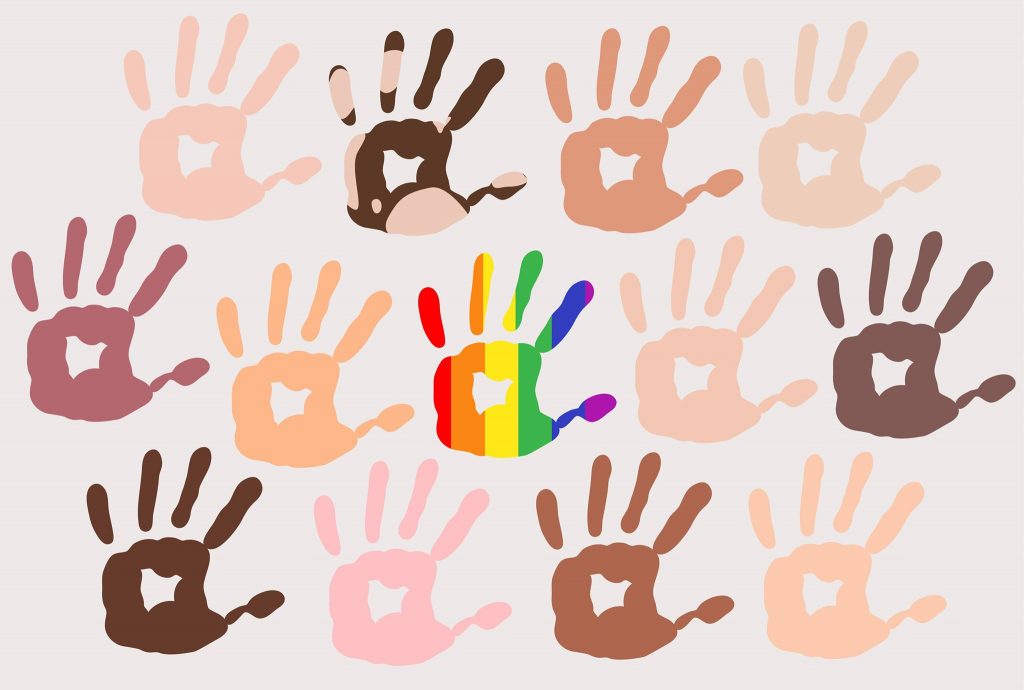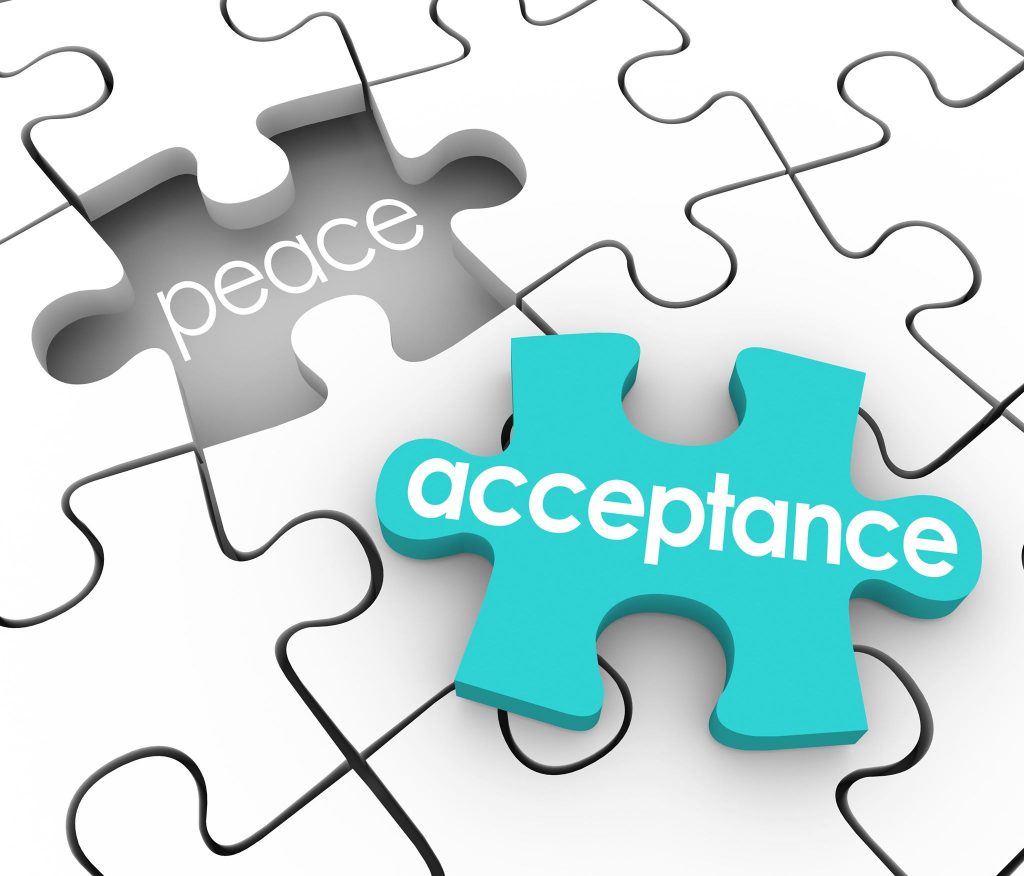“The highest result of education is tolerance”
― Helen Keller
How We Define Tolerance
1 : capacity to endure pain or hardship : ENDURANCE, FORTITUDE, STAMINA
2a : sympathy or indulgence for beliefs or practices different from or conflicting with one’s own
b : the act of allowing something

Tolerance is recognizing that there are many ways to be human and allowing others to be as they are without trying to force your own beliefs or lifestyle on them. When we practice tolerance, we acknowledge that diversity is part of the human experience and that we don’t have to understand another person in order to stand with him in solidarity as a fellow human being.
Tolerance can also mean having fortitude and endurance to get through hard times. This type of tolerance is also important as human life is filled with challenge and suffering as much as it is joy and love. If we want to experience the rainbow, sometimes we have to endure the storm.
Why We Value Tolerance in Education
We support an education system that promotes tolerance and values diversity. We understand that tolerance is a virtue that can be nurtured and developed. If we begin practice and teaching tolerance at a young age, we can greatly reduce bullying, discrimination, bigotry, and hate crimes.
We also believe in teaching children to be tolerant of their own hardships. We see great value in an education that provides real life skills to help children cope with stress and develop resilience to it.
“For after all, the best thing one can do when it is raining is let it rain.”
― Henry Wadsworth Longfellow
How We Define Acceptance
1: the action of consenting to receive or undertake something offered.
2: willingness to tolerate a difficult or unpleasant situation

It is what it is.
Acceptance is a matter of accepting a situation, person, place, or thing for what it is. To accept is to consent or receive. When we accept the present moment for what it is, we say yes to it, and we receive that moment and all the gifts it has to offer.
All too often we live in a state of resistance. We want things to be something other than what they are and so we resist. But, what we resist, persists. Resisting rarely changes the situation itself. It usually just makes things harder for us.
A healthy level of acceptance is the foundation of a peaceful life. We have to recognize that there are some things that we just cannot change, no matter how hard we try. While acceptance can seem like being passive or giving up, it is in fact, a willful act. To accept takes an act of courage and motivation. When we find the strength to accept that which we cannot change, we often find that another change happens: an inner transformation, and that is what makes all the difference.

Why We Value Acceptance in Education
We certainly don’t want to teach the children of our future to just accept things as they are and not to try to change them. We want our youth to be changemakers, to seek justice, fight for equality, and help make the world a better place. That said, we recognize that a healthy level of acceptance is the foundation for a peaceful life. If our students don’t find peace within themselves, they won’t be able to promote peace in the world around them. We believe it is important to teach children mindfulness practices to help them be present to what is happening in their present moment, regardless of how they feel about it.
Before we can change anything, we have to acknowledge and accept where we are right now. And still, there will be things beyond our control, that we simply do not have the power to change . So if we can find beauty in those things, if we can find the good in those things that seem bad, then perhaps we’ll bring a little more light to the darkness. Perhaps we’ll find a little more peace in ourselves and in the world around us.

